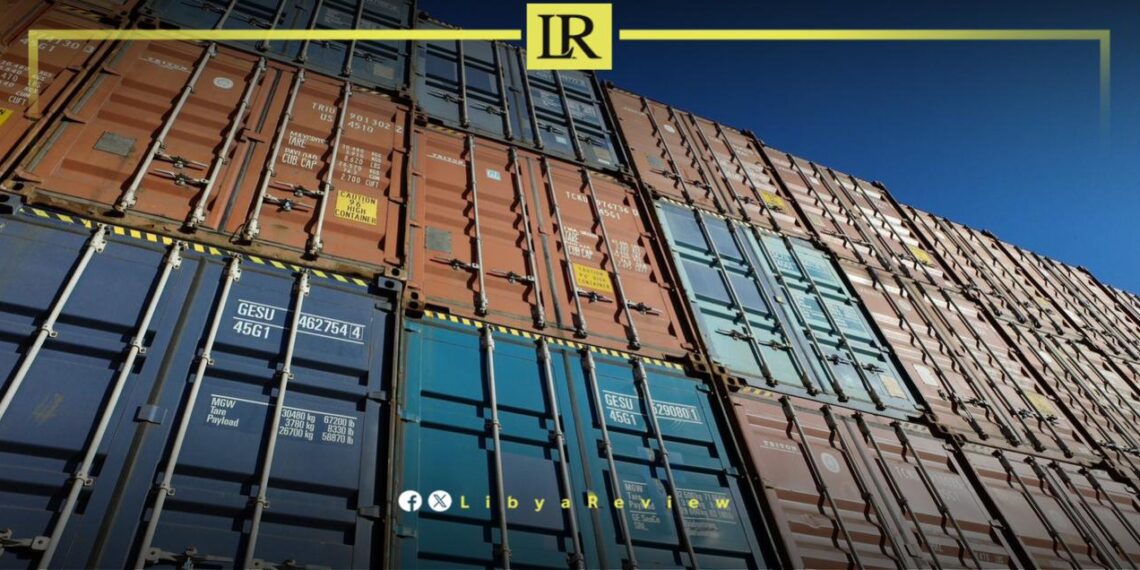Libya has proposed using Benghazi Port to aid Niger, aiming to enhance trade and provide essential supplies amid challenges stemming from sanctions imposed by the Economic Community of West African States (ECOWAS), rendering Niger landlocked.
Abdel-Hadi Al-Hwaij, the Libyan Foreign Minister, highlighted Benghazi Port’s potential for Libyan-Niger trade, emphasizing its role in facilitating goods transfer to Niger. Prime Minister Osama Hammad extended an invitation to Nigerien PM Ali Lamin Zein for discussions on this matter.
With ECOWAS sanctions in place since a military coup in July, Niger has sought alternative trade routes, turning to Togo and other ports. Some sanctions were lifted in February, prompting Niger, Mali, and Burkina Faso to explore new routes.
Al-Hwaij engaged in discussions with his counterparts from Niger and Burkina Faso, focusing on political developments in the Sahel and Sahara regions. He congratulated them on the lifting of ECOWAS-imposed blockades, highlighting cooperation among these nations.
The talks explored avenues for political and economic cooperation, emphasizing joint efforts across various sectors.
In December, Libyan Prime Minister Osama Hammad addressed migration and border security issues with Niger’s Foreign Minister, Bakary Sangare, and the Special Envoy to the President of Niger, in Benghazi. Discussions centered on mutual concerns, including migration and security along their shared borders. Libya’s Minister of African Affairs, Issa Abdel-Majeed, also participated.
Abdel-Majeed had previously met with Niger’s Prime Minister, Ali Lamine Zeine, and Foreign Minister Bakary Sangare in Dirk, Niger, near the Libyan border, discussing illegal migration and bilateral cooperation, including the potential opening of a consulate in Sebha, Libya.
The Military Council in Niger, led by Abdel-Rahman Tian, repealed legislation criminalizing migrant smuggling in response to European sanctions, highlighting the complex dynamics of migration in the region. Libya’s western regions’ security breakdown and militia dominance have made it a significant transit point for illegal migration to Italy, rivaling numbers from Tunisia. This trend underscores Libya’s role as a hub for human trafficking and illegal immigration activities.


